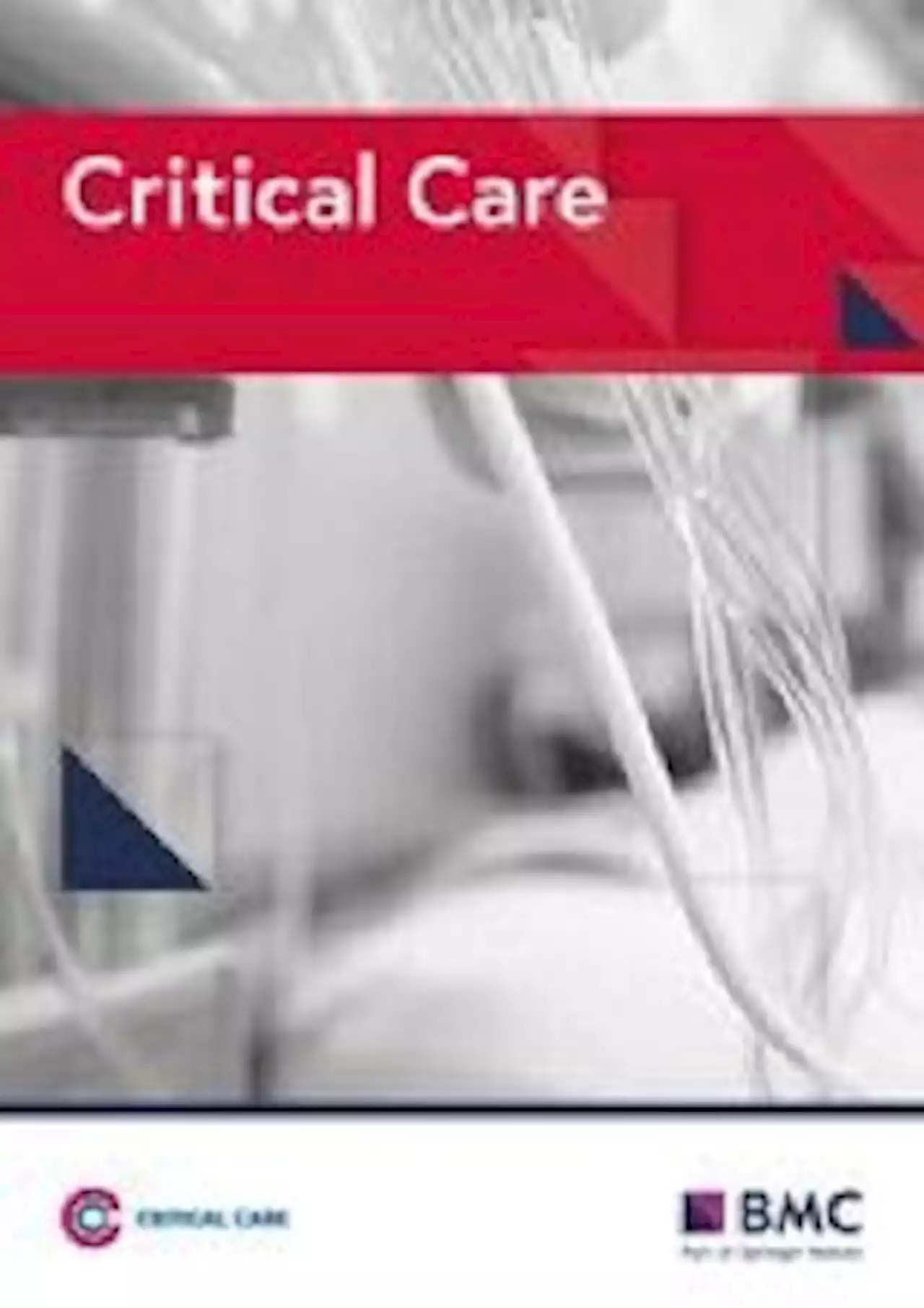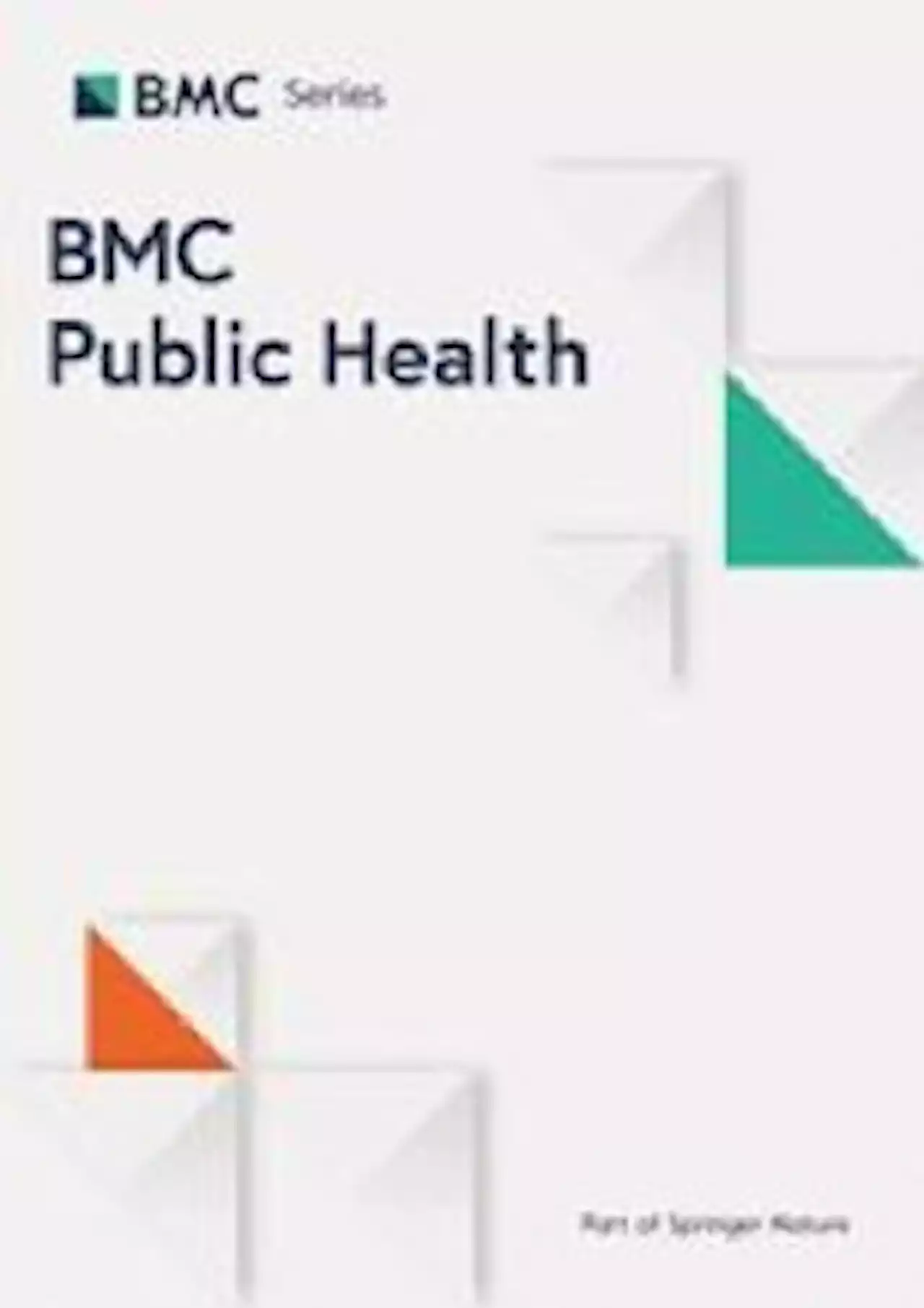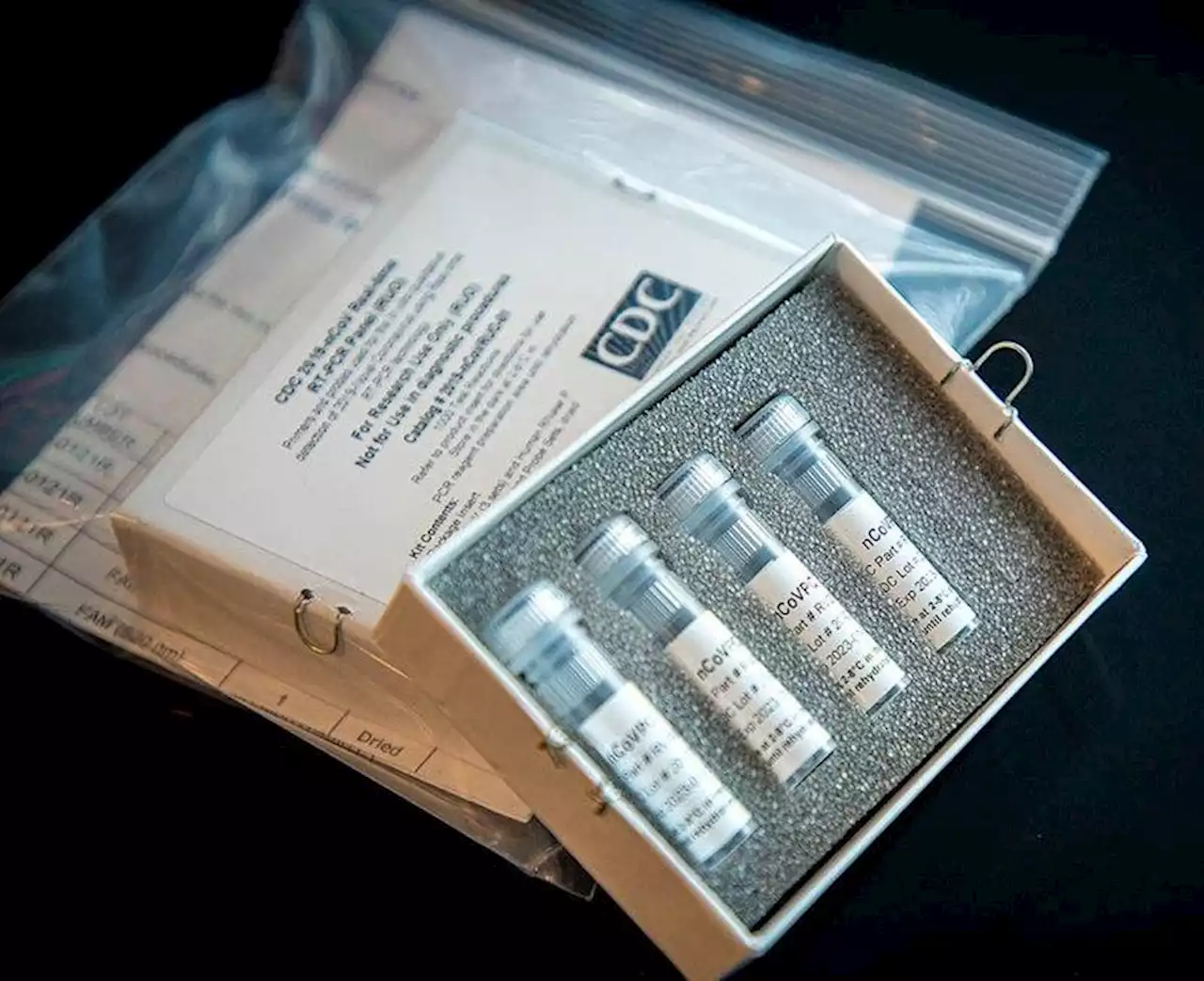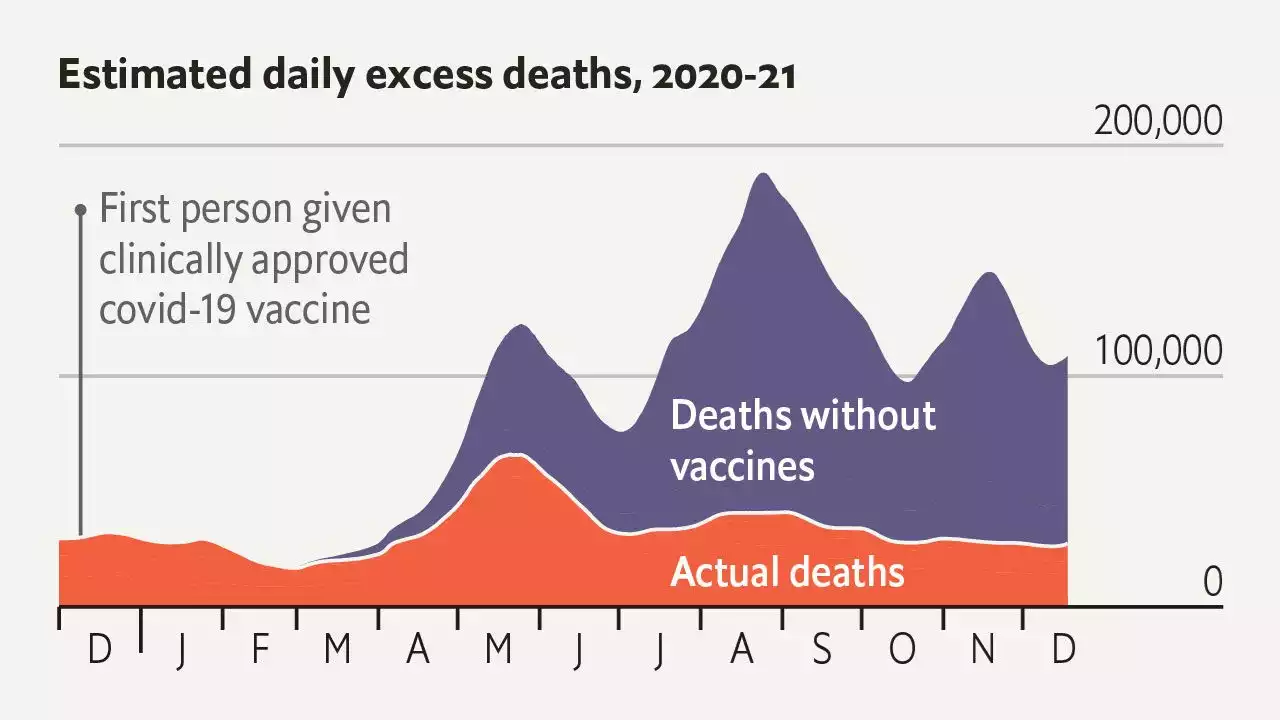How the COVID-19 pandemic affected mental health and wellbeing, key determinants of health, and health inequities medrxivpreprint UMontreal USherbrooke UQAR mentalhealth wellbeing COVID19 coronavirus covid pandemic
By Nidhi Saha, BDSJul 11 2022Reviewed by Danielle Ellis, B.Sc. A new study posted to the medRxiv* preprint server investigated the effects of the coronavirus disease 2019 pandemic on mental health, the important health determinants, and disparities resulting from such effects. To fully understand these effects, the researchers designed a pan- Canadian population-based prospective COVID-19: HEalth and Social Inequities across Neighbourhoods cohort.
Studies have demonstrated that the prevalence of COVID-19 is higher among priority communities struggling under substandard social and environmental conditions. Urban sprawl and living in poor housing facilities affect mental health and wellbeing. Furthermore, continued proximity to home surroundings during lockdowns exacerbates these effects.
The study Related StoriesThis study entailed COHESION Study; the COHESION Project is a two-phase, pan-Canadian, population-based, prospective cohort study. COHESION Phase 1 took place between May 2020 and September 2021.
Phase 2 of COHESION would continue to implement the survey method at the health region level, based on Census data from 2016 . Researchers gathered geo-target respondents based on sampling quotas. Significant temporal fluctuations in standardized indices of wellbeing, anxiety, depressed mood, loneliness, and emotional stress were observed during the first year of follow-up. At baseline, 72%, 14%, and 18% of subjects indicated a monthly usage of alcohol, cigarettes and/or vaping, and cannabis, respectively.
Canada Latest News, Canada Headlines
Similar News:You can also read news stories similar to this one that we have collected from other news sources.
 Covid-19 in the UKCovid infections in the UK have continued to rise, the latest weekly Office for National Statistics (ONS) figures suggest.
Covid-19 in the UKCovid infections in the UK have continued to rise, the latest weekly Office for National Statistics (ONS) figures suggest.
Read more »
 Key characteristics impacting survival of COVID-19 extracorporeal membrane oxygenation - Critical CareBackground Severe COVID-19 induced acute respiratory distress syndrome (ARDS) often requires extracorporeal membrane oxygenation (ECMO). Recent German health insurance data revealed low ICU survival rates. Patient characteristics and experience of the ECMO center may determine intensive care unit (ICU) survival. The current study aimed to identify factors affecting ICU survival of COVID-19 ECMO patients. Methods 673 COVID-19 ARDS ECMO patients treated in 26 centers between January 1st 2020 and March 22nd 2021 were included. Data on clinical characteristics, adjunct therapies, complications, and outcome were documented. Block wise logistic regression analysis was applied to identify variables associated with ICU-survival. Results Most patients were between 50 and 70 years of age. PaO2/FiO2 ratio prior to ECMO was 72 mmHg (IQR: 58–99). ICU survival was 31.4%. Survival was significantly lower during the 2nd wave of the COVID-19 pandemic. A subgroup of 284 (42%) patients fulfilling modified EOLIA criteria had a higher survival (38%) (p = 0.0014, OR 0.64 (CI 0.41–0.99)). Survival differed between low, intermediate, and high-volume centers with 20%, 30%, and 38%, respectively (p = 0.0024). Treatment in high volume centers resulted in an odds ratio of 0.55 (CI 0.28–1.02) compared to low volume centers. Additional factors associated with survival were younger age, shorter time between intubation and ECMO initiation, BMI | 35 (compared to | 25), absence of renal replacement therapy or major bleeding/thromboembolic events. Conclusions Structural and patient-related factors, including age, comorbidities and ECMO case volume, determined the survival of COVID-19 ECMO. These factors combined with a more liberal ECMO indication during the 2nd wave may explain the reasonably overall low survival rate. Careful selection of patients and treatment in high volume ECMO centers was associated with higher odds of ICU survival. Trial registration Registered in the German Clinical Trials Re
Key characteristics impacting survival of COVID-19 extracorporeal membrane oxygenation - Critical CareBackground Severe COVID-19 induced acute respiratory distress syndrome (ARDS) often requires extracorporeal membrane oxygenation (ECMO). Recent German health insurance data revealed low ICU survival rates. Patient characteristics and experience of the ECMO center may determine intensive care unit (ICU) survival. The current study aimed to identify factors affecting ICU survival of COVID-19 ECMO patients. Methods 673 COVID-19 ARDS ECMO patients treated in 26 centers between January 1st 2020 and March 22nd 2021 were included. Data on clinical characteristics, adjunct therapies, complications, and outcome were documented. Block wise logistic regression analysis was applied to identify variables associated with ICU-survival. Results Most patients were between 50 and 70 years of age. PaO2/FiO2 ratio prior to ECMO was 72 mmHg (IQR: 58–99). ICU survival was 31.4%. Survival was significantly lower during the 2nd wave of the COVID-19 pandemic. A subgroup of 284 (42%) patients fulfilling modified EOLIA criteria had a higher survival (38%) (p = 0.0014, OR 0.64 (CI 0.41–0.99)). Survival differed between low, intermediate, and high-volume centers with 20%, 30%, and 38%, respectively (p = 0.0024). Treatment in high volume centers resulted in an odds ratio of 0.55 (CI 0.28–1.02) compared to low volume centers. Additional factors associated with survival were younger age, shorter time between intubation and ECMO initiation, BMI | 35 (compared to | 25), absence of renal replacement therapy or major bleeding/thromboembolic events. Conclusions Structural and patient-related factors, including age, comorbidities and ECMO case volume, determined the survival of COVID-19 ECMO. These factors combined with a more liberal ECMO indication during the 2nd wave may explain the reasonably overall low survival rate. Careful selection of patients and treatment in high volume ECMO centers was associated with higher odds of ICU survival. Trial registration Registered in the German Clinical Trials Re
Read more »
 Speaking COVID-19: supporting COVID-19 communication and engagement efforts with people from culturally and linguistically diverse communities - BMC Public HealthBackground Since the emergence of COVID-19, issues have been raised regarding the approach used to engage with Culturally and Linguistically Diverse (CaLD) communities during this public health crisis. This study aimed to understand the factors impacting communication and engagement efforts during the COVID-19 pandemic from the perspective of crucial CaLD community stakeholders and opinion leaders. Methods Forty-six semi-structured telephone interviews were undertaken with key stakeholders who have an active role (established before the pandemic) in delivering services and other social support to CaLD communities in Australia. Results Seven key themes emerged: (1) the digital divide and how to connect with people; (2) information voids being filled by international material; (3) Differentiating established with new and emerging communities’ needs; (4) speaking COVID-19; (5) ineffectiveness of direct translations of English language resources; (6) coordination is needed to avoid duplication and address gaps and (7) recognising the improvements in governments’ approach. Conclusion Alliances must be set up that can be activated in the future to reduce issues around resource development, translation, and dissemination of messages to minimise gaps in the response. Financial assistance must be provided in a timely way to community organisations to support the development and dissemination of culturally appropriate communication materials.
Speaking COVID-19: supporting COVID-19 communication and engagement efforts with people from culturally and linguistically diverse communities - BMC Public HealthBackground Since the emergence of COVID-19, issues have been raised regarding the approach used to engage with Culturally and Linguistically Diverse (CaLD) communities during this public health crisis. This study aimed to understand the factors impacting communication and engagement efforts during the COVID-19 pandemic from the perspective of crucial CaLD community stakeholders and opinion leaders. Methods Forty-six semi-structured telephone interviews were undertaken with key stakeholders who have an active role (established before the pandemic) in delivering services and other social support to CaLD communities in Australia. Results Seven key themes emerged: (1) the digital divide and how to connect with people; (2) information voids being filled by international material; (3) Differentiating established with new and emerging communities’ needs; (4) speaking COVID-19; (5) ineffectiveness of direct translations of English language resources; (6) coordination is needed to avoid duplication and address gaps and (7) recognising the improvements in governments’ approach. Conclusion Alliances must be set up that can be activated in the future to reduce issues around resource development, translation, and dissemination of messages to minimise gaps in the response. Financial assistance must be provided in a timely way to community organisations to support the development and dissemination of culturally appropriate communication materials.
Read more »
 COVID-19 hits the Tour de France with two riders testing positiveCOVID-19 hits the Tour de France with two riders testing positive Vegard Stake Laengen of UAE Team Emirates and AG2R- Citroën’s Geoffrey Bouchard returned positive results after yesterday’s stage cycling
COVID-19 hits the Tour de France with two riders testing positiveCOVID-19 hits the Tour de France with two riders testing positive Vegard Stake Laengen of UAE Team Emirates and AG2R- Citroën’s Geoffrey Bouchard returned positive results after yesterday’s stage cycling
Read more »
 Covid-19 vaccines saved an estimated 20m lives during their first yearAs bad as the past 18 months have been, they would have been worse without vaccines—perhaps about 2.7 times worse
Covid-19 vaccines saved an estimated 20m lives during their first yearAs bad as the past 18 months have been, they would have been worse without vaccines—perhaps about 2.7 times worse
Read more »
 Covid-breach cafe owners fined - one said virus was 'Nazi government propaganda'Covid-breach cafe owners fined - one claimed virus was 'Nazi government propaganda'
Covid-breach cafe owners fined - one said virus was 'Nazi government propaganda'Covid-breach cafe owners fined - one claimed virus was 'Nazi government propaganda'
Read more »
